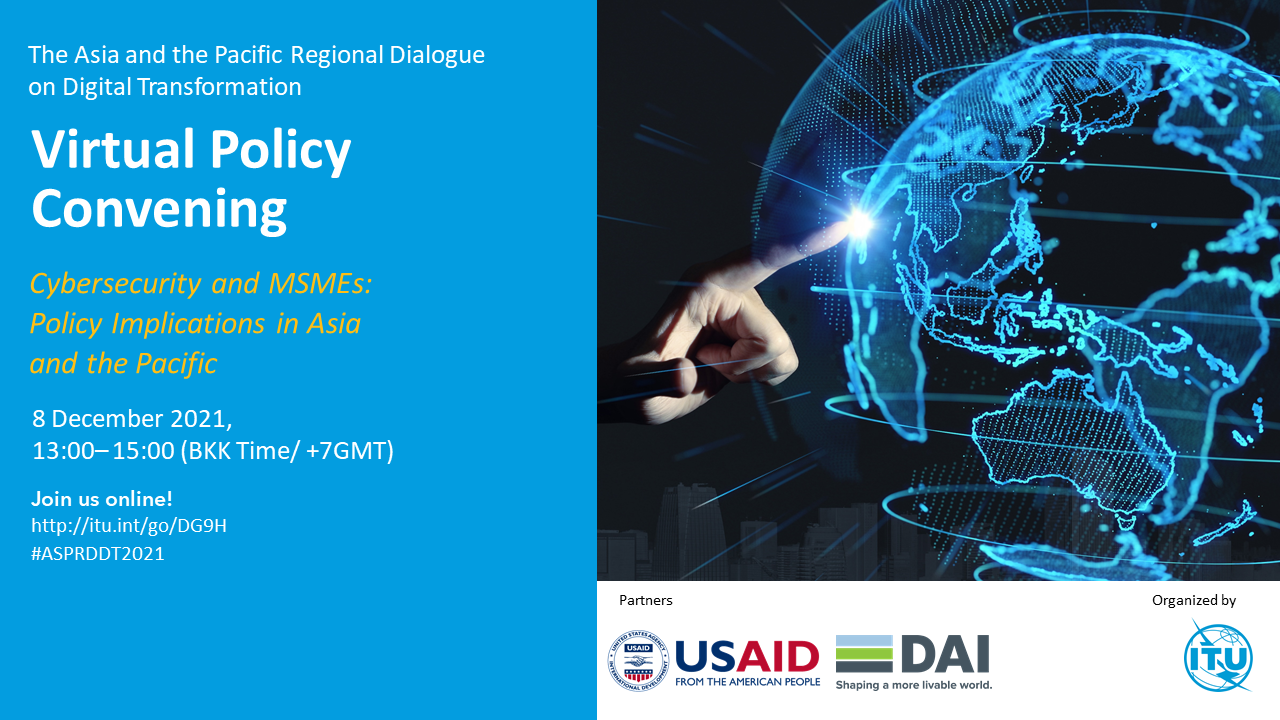
Introduction & Background
There are few policies and regional frameworks in place to support a strong and inclusive digital economy. Few countries in the region have sound digital policies around cybersecurity, data privacy, data flows and storage, and cross border payments.
In particular, data privacy policy frameworks will be essential to protect citizen’s personal data, increase consumer trust, and enable data flows at the national and international level. To date, only Singapore, Malaysia, and Thailand (enacted in 2018, but not adopted yet) have data privacy frameworks in place, and Vietnam is currently drafting privacy regulations. Similarly, only Singapore, Malaysia, Thailand, and the Philippines have their own cybersecurity policies, and Cambodia has a draft cyber law (Kearney, 2020).
These laws are all different from each other and have varying levels of stringency on and definitions of data privacy.
At the regional level, ASEAN and APEC have data privacy and cybersecurity frameworks in place, however, few countries in the region have adopted these standards. The absence of unifying privacy and cybersecurity frameworks and standards makes regional efforts largely voluntary.
There is also little collaboration and information sharing across the region, making any cross-boundaries issues hard to address. Moreover, there are no regional bodies that can enforce privacy or cybersecurity policies (GSMA, 2018; Kearney, 2020).
Together with the USAID and a different third partner from industry for each session, it is proposed that in these digital policy convenings, participants can share best practices and challenges they face in the design and implementation of digital policies.
For the first digital policy convening, it is proposed to highlight the challenges of cybersecurity for both MSMEs. The pandemic has accelerated the rate of digitalisation and digital transformation at all sectors of society, including for MSMEs who may not have previously been online. However, this increased interconnectedness comes with a dark side. There has been an increasing spate of cyberattacks, with a 600% increase in malicious emails during the onset of the COVID-19 crisis.1 Interpol’s analysis from August 2020 also noted how there has been a shift in cyberattack targets from individuals, to governments and critical health infrastructure globally.
For MSMEs, threats were increasingly common even before COVID-19 due to the lack of resources available to implement cybersecurity solutions.2 Additionally, MSMEs are being used as vectors in supply chain attacks that span global borders.
Therefore, there is a need to discuss what digital policy solutions at the national, regional, and international levels should be considered to address these concerns. These digital policies can address the main barriers to cybersecurity for MSMEs, ranging from cybersecurity-by-design principles, digital literacy for organizations, the role of business networks in cybersecurity education, and others.
Objective
This webinar is being organized to showcase case studies highlighting the digital policy options and solutions that may mitigate the risks for newly-connected MSME, It is expected that there will be roughly 100-200 target participants, with the purpose of raising awareness on specific challenges and digital policy options to mitigate cybersecurity challenges for MSMEs.
This event will be open to all interested stakeholders. Participants will hail from ITU’s Member States, Sector Members, and Academia. For this session, it is expected that USAID, ITU, and the industry partner, Cisco, will bring attendees.